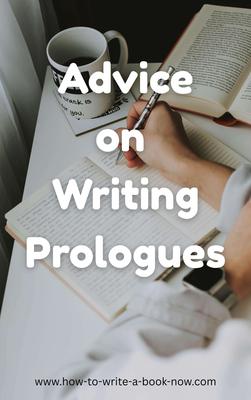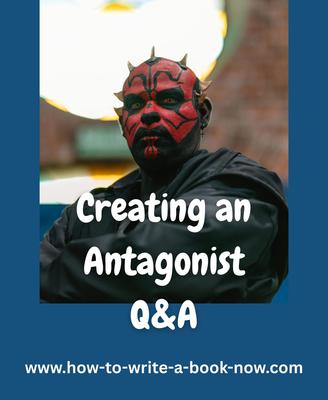An Original Story?
by Josh
(Australia)
Hi,
And could you tell me what elements comprise of an original plot or how I can make sure my novel is an original plot/story.
Cheers,
Josh
Answer: There are actually several different ways to look at this issue.
On the one hand, as some story theorists are fond of pointing out, there are very few wholly original stories. In terms of plot structure, there are a handful of plots that are reused over and over.
Dramatica theory is unique in postulating over 32,000 dramatically sound story forms (and potentially four times that number), but even it admits that (for example) 80% of stories revolve around one particular type of story goal (obtaining).
At the other extreme of the theorist spectrum are the mono-myth people who argue that there is only one universal story, although they end up making that one story very complex with many optional elements.
(There is a great tendency in academia to try to prove that everything is based on prior works, that everything is largely the same as everything else, and therefore nothing is original. Talk about a buzzkill.)
If we set aside the structural approach for a moment, an original story can also mean a story concerning subject matter that has not been attempted before - or at least the previous attempts never became famous. For example, Edgar Allen Poe wrote the first
If you have expertise in a field or a part of the world that has not been overly used in fiction before, this is a great way to add some originality to your story. So is creating a character who feels utterly believable and yet utterly unique.
Most of the time, however, the best we can do is create a new combination of elements. For instance, we can combine two genres that have seldom been combined or do a twist on an established genre. For example, Twilight put vampires into a high school romance story, which not not been seen before. Likewise, Dan Brown captured attention by writing a thriller set in a world where controversial conspiracy theories about Christianity turned out to be true (The Da Vinci Code).
Or we can use a particular style of storytelling in a genre where it is unexpected, the way Kelly Armstrong writes werewolf stories using first person narration with a young teenage girl as the main character.
The trick when you do a twist on a genre is to first understand what makes the genre work and to keep the key elements in place - the elements that affect the reader's emotions in a satisfactory way. You never want to deflate the drama. Similarly, you can't ignore the principles of structure, though you can do many variations.
Bottom line: try to find a twist, a fresh take, a seldom-seen combination, or an unusual voice.
Comments for An Original Story?
|
||
|
||
|
||
- Home
- Plot Questions
- An Original Story?















